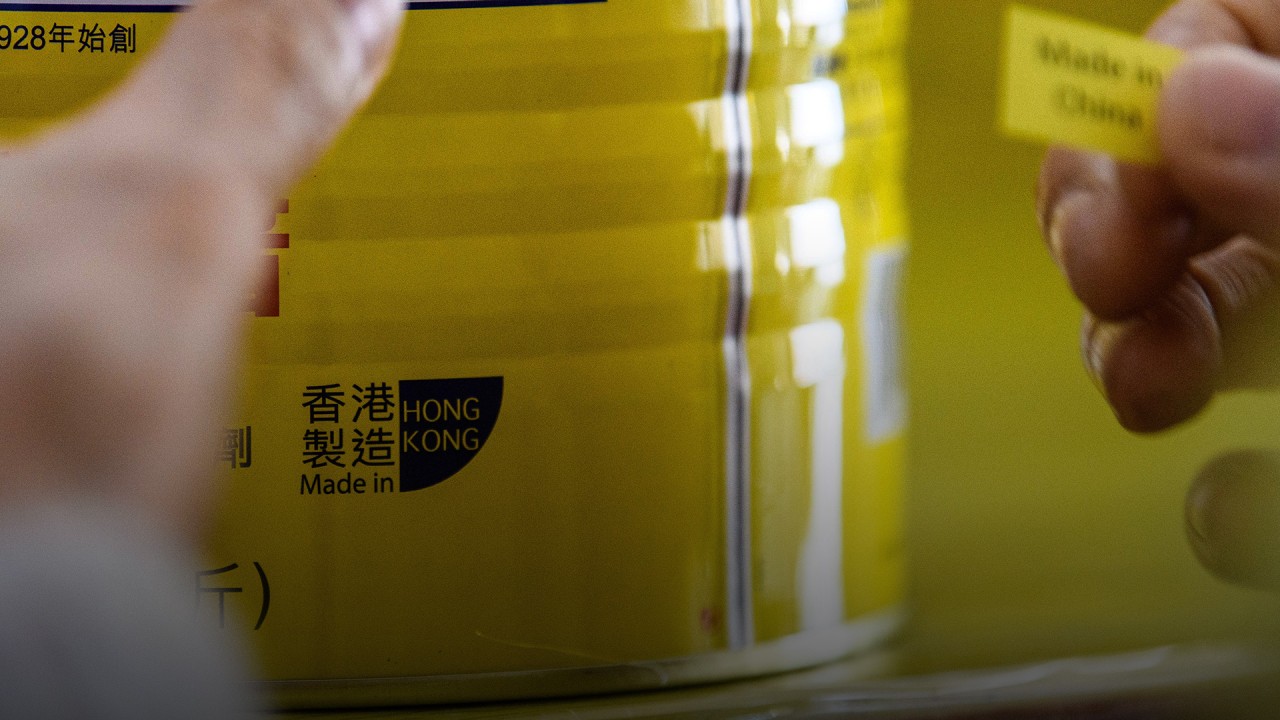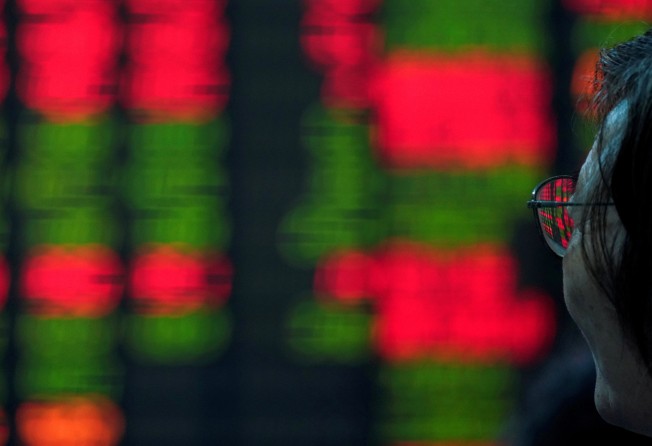
02:45
‘Made in Hong Kong’ sauce factory suffers as US-China tensions escalate

AS IF LIFE WASN’T TOUGH ENOUGH
Imagine running a portfolio of southeast Asian banking stocks in Hong Kong and suddenly being unable to have HSBC in the mix because the Chinese, British or US governments outlawed investment in it. Or imagine running a portfolio of Asian consumer stocks as the Singapore government goes on a mad, puritanical rampage and demands The Straits Times Index be stripped of Genting, Thai Beverage, Jardine Matheson and Dairy Farm. Bang go your portfolios, and for no underlying fundamental reason.
It sounds a little ridiculous, right? Especially the Singapore example! But that is exactly what has happened with the US government sanctions on Chinese companies in the latest spat between the two countries, resulting in them being taken out of the global investment catalogue. And this is almost certainly not the end of it either.
The reasoning behind the US move is that its pensioners’ money that is flowing into Chinese companies apparently puts them at risk, supports activities in China that the US disagrees with and could undermine US national security. Given that US investors demanded better access to Chinese companies through their pension investment vehicles, such red flags should surely have been spotted much earlier.
If earning a crust in finance wasn’t tough enough these days, the major indices that futures traders, asset managers and Exchange Traded Fund (ETF) providers use to trade, hedge and create new products is another part of the financial industry that now can be meddled with by governments.
Having created thematic indices myself for use in asset management portfolios, and having launched a domestic fund in Japan for retail investors based on carefully compiled themes that would dominate the investment landscape in the future, this really bothers me.

02:45
‘Made in Hong Kong’ sauce factory suffers as US-China tensions escalate
NO FT, NO COMMENT
The index business is one of the few profitable pockets remaining in the asset management side of the financial industry, with approximately US$11.4 trillion of money passively indexed as at the end of last year. As fees in the industry have slipped in a race to the bottom while regulators have successfully choked off revenues, the demand for passive and transparent indexes compiled by respectable, independent companies has risen sharply as people seek out an inexpensive way of managing money. It is possibly the only growth sector in finance outside compliance.
The index business has become very profitable, especially with the rise of thematic investing and the development in the US and European markets of ETFs where you can buy or sell indices of stocks on anything from space exploration to weed. ETFs have yet to gain the same popularity in Asia, and the major US ETF providers are sizing up this very promising market.
The US firms that dominate the global index market are MSCI, a spin-off from Morgan Stanley, S&P Dow Jones, and Bloomberg. The Financial Times Stock Exchange (FTSE) indices, lovingly dubbed the “Footsie” or FTSE 100, is co-branded with Russell which has its origins in the US and is currently owned by the London Stock Exchange after being stripped from Seattle-based Frank Russell Company in 2015.
What is disturbing is that all these firms have simply fallen in line with the US government, as they see no other option if they want to keep their business. Nasdaq, too, is expected to make an announcement this week that it will toe the line.
The result of this will be that the global index products on offer, especially those that touch China, may no longer accurately reflect the research and work put into the indexes’ design and compilation. For index providers, this is something of a disaster caused by the US government. For the clients that pushed so hard for the inclusion of Chinese stocks, it is a good reason to look for alternatives.
ASIAN FINANCE IN THE U.S. GOVERNMENT’S POCKET
Outside the global index players, there are regional and smaller index compilers such as the award winning Hang Seng, Straits Times and Nikkei, which we know and love – or hate. However, Hong Kong’s Hang Seng Bank, which owns the index provider, is 62 per cent held by HSBC – itself a political football. One has to wonder at what point the HSI could be meddled with if the heat once more is turned up on HSBC.

This event has underlined once again how the financial industry has ended up in the pocket of the US, and how wriggling out will be difficult. As Chief Executive Carrie Lam and the other senior officials that were sanctioned by the US found out, they can no longer have bank accounts as all banks make US dollar payments, or use their credit cards. They can use cash for the time being, but all Hong Kong bank notes, apart from the ten dollar bill, are actually zero coupon perpetual bonds issued by international banks in Hong Kong. The CE may end up with nothing but piles of unfoldable ten dollar notes and bags of coins at home.
It is not beyond possibility that sanctioned individuals also would be prevented from keeping their pension money in any fund that uses, for example, an MSCI index or a FTSE-Russell thematic index as a benchmark. And that includes a lot of funds managed by local asset managers in Hong Kong, including HSBC.

06:04
US-China relations: Joe Biden would approach China with more ‘regularity and normality’
LOVE ME DO
The index providers are in a difficult position now, and this could start to break their dominance in the business and open a path for new competition. Investors that want to invest passively can no longer rely on the integrity of major index providers’ work, which potentially creates an opportunity for smaller firms such as Morningstar, CRSP, and Solactive. Alternatively, asset managers and ETF providers can go it alone and create their own indexes. Perhaps including an index of US sanctioned companies!
This would suggest there is scope for new entrants to develop something exciting – and one would hope Hong Kong will sit in the centre of it, because we need something new here.
Like songs by The Beatles, an index is a work of art and its use is paid for in the same way, through royalties. Globally, financiers are stuck paying FTSE, MSCI and Bloomberg for every mention of their work. And if that work is no longer fit for purpose, the index providers’ clients might soon get tired of coughing up such hefty royalties.
Each time The Beatles’ Love Me Do plays in the 8-track tape deck on RHTHK3 on a Sunday, the band gets a few pennies in royalties. Thanks for that. But imagine if the British government suddenly outlawed the word “Love” and it had to be removed from the song. We would go listen to something else.
Neil Newman is a thematic portfolio strategist focused on pan-Asian equity markets